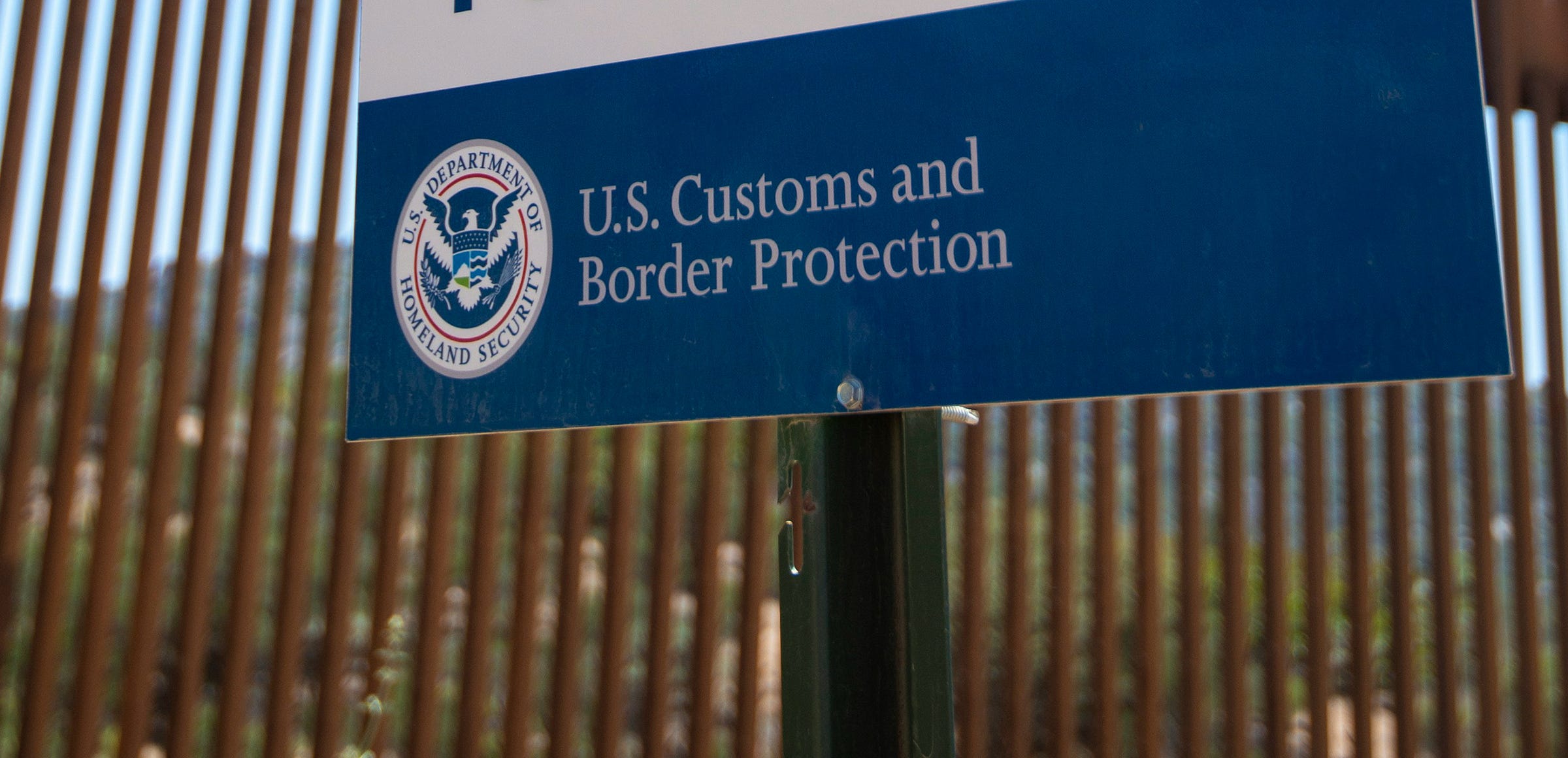What will new US border restrictions mean for the 2026 World Cup?
Words: Declan, New York New Jersey
On 26 February 2025 Rebecca Burke, a British national, was attempting to leave Seattle for Vancouver after a six-week long backpacking trip in the United States (US). During her stay she spent her time doing household work in exchange for board in the homes of Americans; as she stated to The Guardian “One part of traveling that I love is seeing glimpses of other lives.”
However, as she crossed the border she was informed by Canadian border officials that her living arrangements during the trip meant that she should have a work visa and was designated as an illegal alien once returned to the US. Her idyllic trip had taken a dark path as she was forced to stay 19 days in a U.S. Immigration and Customs Enforcement (ICE) detainment camp despite her wishes to return home.
Rebecca Burke arrived in the US under Joe Biden but when she was leaving she saw the effects of a new administration cracking down on illegal immigration and visas being deemed invalid. In the first one hundred days of the Trump administration, ICE reported 65,000 arrests of illegal aliens including Rebecca Burke and other tourists like her.
Being swept up in record-breaking immigration arrests is not the only concern tourists to the US face. Many could face challenges at the border due to political comments or through mishaps within border enforcement agencies.
According to the French Education Ministry, a scientist assigned to the French National Center for Scientific Research (CNRS) was denied entry to the US because he had expressed negative views on the Trump Administration’s research policy.
In the case of Pete Belton of Derbyshire, England, he had to reconsider plans to travel to Miami because his tattooed forearm was featured in a document distributed by the Department of Homeland Security (DHS) to identify Venezuelan members of the gang Tren de Agua.
In response to travel crackdowns, many countries have issued new travel advisories. The United Kingdom advises travelers to comply with all visa requirements or face severe punishment, Germany emphasizes that visas or travel waivers do not guarantee entry while Finland, Denmark, Ireland, and the Netherlands all warn LGBTQ+ individuals, another group facing policy changes from the Trump administration, that there might be further issues traveling to the US due to their identity.
With the 2026 World Cup on the horizon, many questions are raised about the impact a tightened border will have on tourism and tourists.
In times of prolonged visa waits and the potential for problems to arise on the border many tourists might be faced with the challenge of reconsidering their trip to the US. Especially in the case of groups that often find themselves on the wrong end of many of the Trump administration policies like LGBTQ+ individuals or suspected gang members some of whom may not be related to gang activity at all.
For fans dealing with visa applications, it may be too late. On 20 January 2025, President Trump signed into law the executive order “Protecting the US from Foreign Terrorists and Other National Security and Public Safety Threats” directing visas to be more thoroughly reviewed, which has increased waiting times for necessary travel visas for the World Cup to up to 700 days. A delay may decrease the amount of fans in attendance.
The impact of lowered tourism during the event could be disastrous. Already tourism dropped 11.6 percent in March in the US resulting in a loss of ten billion dollars for the American economy. Canadian tourism dropped 32%, even more concerning considering fans would have to travel between the two countries to see different matches.
Despite the possible risks tourists might face during the World Cup the Trump administration has stated that fans will enter the US with no discrimination but only time will tell at an increasingly unclear and strict border.
Declan is a New Jersey-based participant in Youth Media Forward: meet the New York New Jersey participants here



